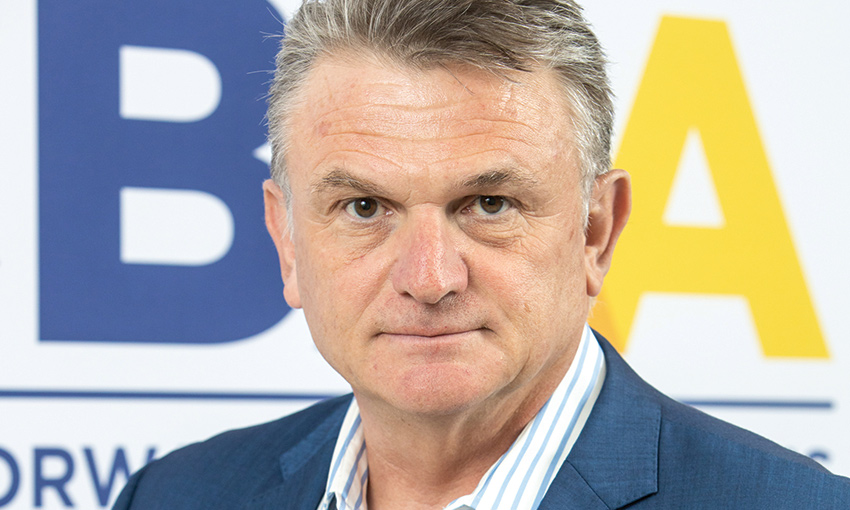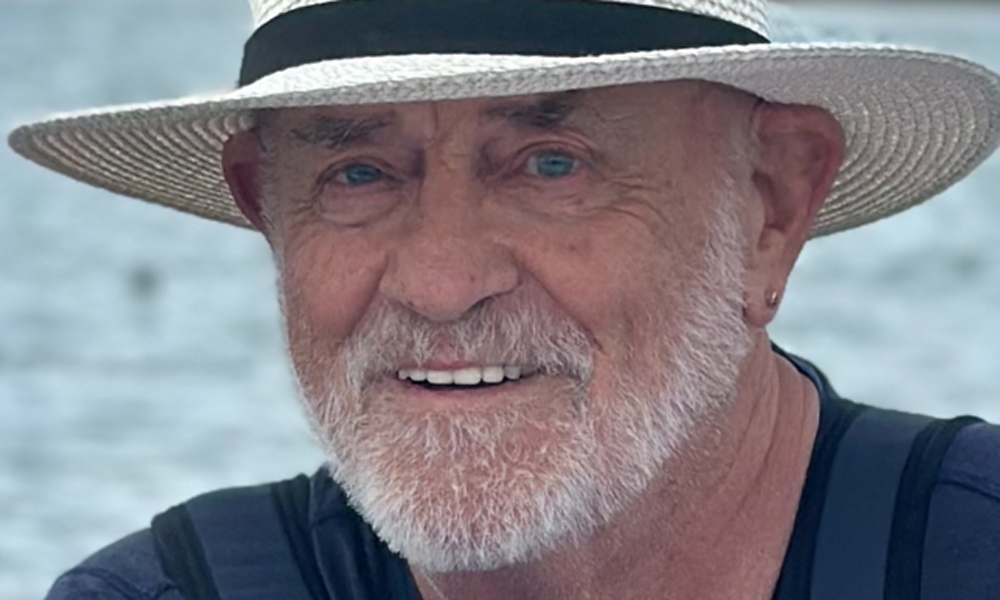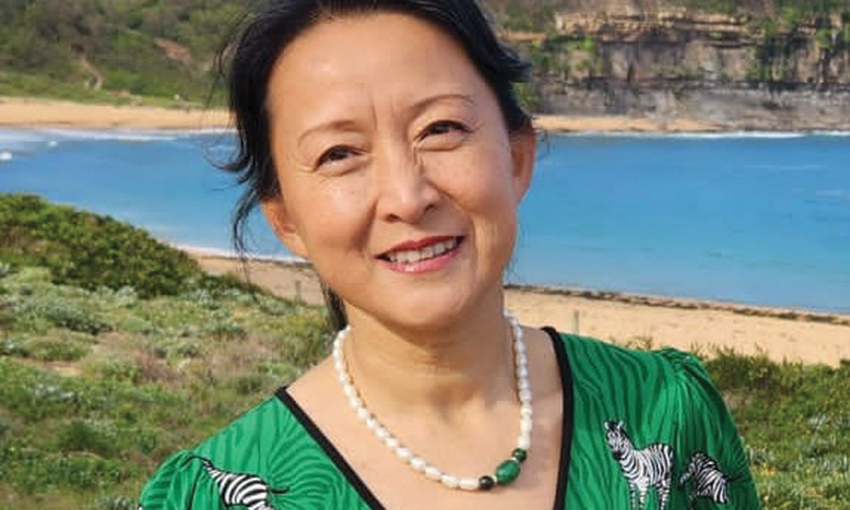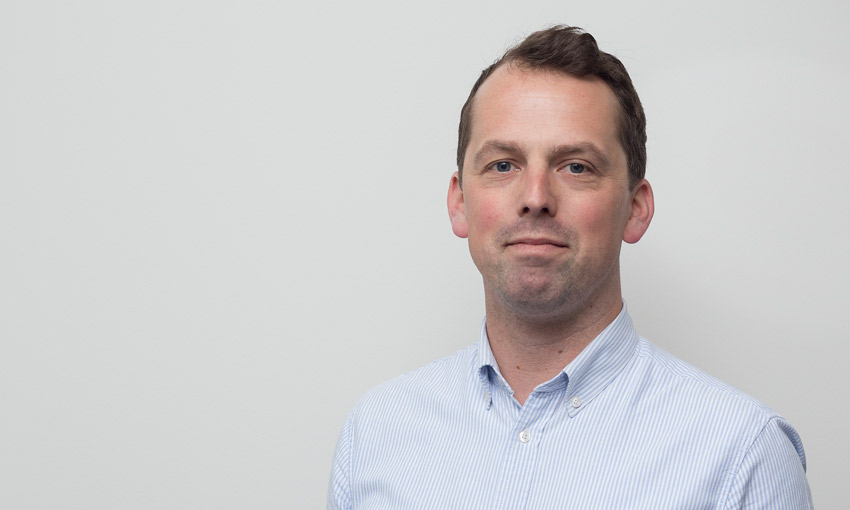Describe your role at IFCBAA.
I’ve been chief executive officer since June 2017. I took over from industry stalwart Stephen Morris when it was still the Customs Brokers and Forwarders Council of Australia. We aim to raise Australia’s profile on supply-chain management and establish relationships with government bodies to benefit the international freight forwarding and customs brokers industry. It changes from day to day, and it really depends on what’s going on in the industry at the time, whether it’s wharf strikes or Covid.
What was it like being in leadership when IFCBAA was formed?
It was the merging of two associations: the Australian Federation of International Forwarders and CBFCA. They had been trying to amalgamate for 25 years. There had been a number of attempts, but it just didn’t get over the line. We merged in July 2020, and there was not one member in either of those associations that was against it. It was challenging though; I felt like a circus clown juggling everything from the name and corporate colours to people’s positions. But I had a lot of help from the rest of the team. To this day it is still a great fit of two long-standing organisations.
What is your most memorable experience from your career?
In 1990 I transferred from Sydney to Perth for work. I was 26 years old; I had a six month-old baby and a three-year-old, but I’d never been to Perth and neither had my wife. I got off the plane, didn’t know where anything was, didn’t know anyone, and started a new life. Back then Perth was still just a lovely big town and everyone just left their front doors unlocked. Everything closed at lunchtime on Saturday and nothing was open on Sunday. And my daughter was born there, which is why she’s a Fremantle supporter in the AFL. If I didn’t get the opportunity to move to South Australia as a promotion, I probably wouldn’t have left.
You’ve also worked in Manila. Tell us about that.
I’d been working with Kuehne + Nagel for about 13 years, and had travelled with them a lot, but only domestically. Then I got the opportunity to take a promotion as managing director in the Philippines. I had only been to the Philippines a couple of months prior and didn’t know much about it. Working in Manila was a real eye-opener. The roads were horrific; cars could get lost in the potholes. And being an expatriate over there, I didn’t know anyone. But with so many islands in the Philippines archipelago, there are always beautiful places you’d just never hear about anywhere else. And the food is beautiful. It’s Spanish-inspired, but it has a twist depending on what province you’re in.
What’s kept you in your industry for so long?
I’ve been in it for 42 years now, and no one day is ever the same. There’s always a twist. In my present role I get to assist all the members who have various issues they need assistance with. That issue can be something I’ve never been a part of, but it’s a great learning curve because if you don’t know the solution, you’ve got to find out where and how to fix the issue or point them in the right direction.
What’s the last new skill you learned?
Diplomacy. When you’re dealing with government bodies which have their own challenges, there’s no way you can go into someone’s office and bang your hands on the table and demand something be done, because that’s just not the way it works. You have to put yourself in their shoes. If someone did the same to you, would you give them the time of day? Probably not. You’ve got to use diplomacy to get things done rather than barging through it like a bull in a china store.
Tell us one thing about you that few people would know.
When I was a young man, I did powerboat racing. I was helping out in a powerboat racing crew even before I was old enough to have a license. All my friends at the time were racing powerboats, and we did offshore powerboat racing in the ocean. One year we were the Australian champions of our respective class. It all sounds very “Miami Vice”, but unfortunately, I have seen a lot of people have bad accidents and not survive. It’s very dangerous. I’ve had a couple of near misses, and I had to give it up because you can’t be insured for it. But some of my friends still do it and have become champions around the world.
If your life had taken a different path, where do you think you’d be?
Just before I got into this industry when I was 18 years old, I was thinking about becoming a chef. I love cooking. I started cooking as a kid, and in high school I took home economics classes. I still become a chef in the kitchen at home though; no one’s allowed in. My favourite thing to cook is a baked dinner.
This article appeared in the February 2023 edition of DCN Magazine





